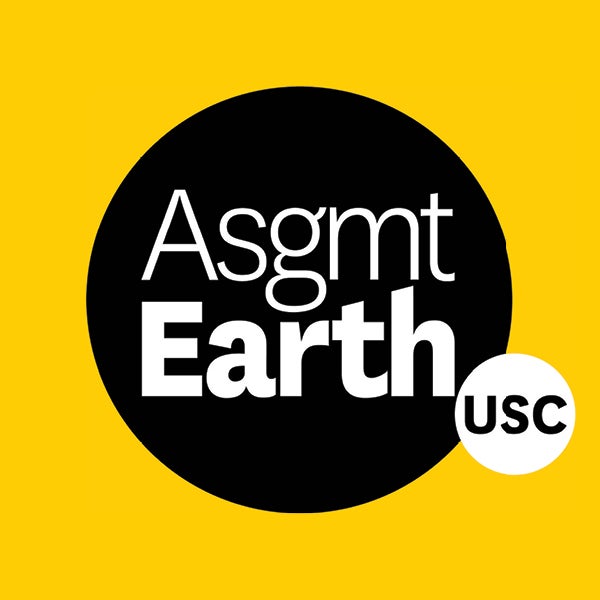University
USC Capital Campus hosts inaugural D.C. Climate Week Nature Day
USC deans and faculty share climate research and insights as part of a full day of programming at the USC Capital Campus.
The inaugural D.C. Climate Week’s Nature Day brought more than 200 attendees from across government, academia, philanthropy and business to the USC Capital Campus in Washington, D.C., for a day of innovative, nature-focused programming.

Nature Day, part of a broader week of climate events across the nation’s capital, explored the ways in which protecting ecosystems, prioritizing biodiversity, enhancing community well-being and advancing nature-based climate solutions go hand in hand.
“We were thrilled to welcome guests to the USC Capital Campus as part of the inaugural D.C. Climate Week’s Nature Day,” USC Capital Campus Executive Director Elyse Levine. said. “The event showcased USC’s groundbreaking research and solution-oriented approach to driving impactful climate solutions before an audience of the nation’s foremost policy, non-profit, education and philanthropic leaders.”
The university also brought to bear its expertise in architecture, engineering and public policy to discuss the January wildfires in Los Angeles and surrounding communities. USC Capital Campus Scholar-in-Residence Chuck Todd moderated the panel titled “Resilient Communities: Lessons from L.A.’s January Wildfires.” Todd was joined by USC School of Architecture Dean Brett Steele, USC Viterbi School of Engineering Dean Yannis Yortsos and USC Price School of Public Policy Distinguished Professor Genevieve Giuliano to discuss how the university is supporting wildfire recovery efforts through innovative research, design and technology, while helping Los Angeles prepare for an increasingly fire-prone future.
The panel bridged USC communities in Los Angeles and Washington, and provided attendees with valuable insights into the ways nature-based design, predictive tools, infrastructure planning and multi-sector partnerships can shape a new model for resilience.
Monica Dean, climate and sustainability practice director at USC Dornsife’s Public Exchange, served as one of the day’s programming leads.
“We brought our wide breadth of expertise — from wildfire resilience and nature conservation to urban planning and climate storytelling — to Washington, D.C., in order to contribute a multidisciplinary perspective to the discussion,” Dean said. “L.A.’s frontline experiences with nature and climate have demonstrated that innovative approaches can inform scalable solutions, and USC is ideally positioned to help bridge research and real-world action.”
The day’s programming also included sessions on watershed restoration, land stewardship, food systems, urban nature, the arts and future leaders. During programming breaks, guests were able to enjoy the facility’s student learning center and screen a variety of nature-focused films, including Spear, Spatula, Submarine, a documentary about invasive lionfish and pioneering creative removal methods, produced by USC alumnus Shannon Morrall.
Participants also heard from USC Price student Lucy Westlake, the youngest American woman to summit Mount Everest, who shared about her passion for mountaineering and climate research.
Westlake, who was set to depart for another climbing expedition the day after the May 1 D.C. Climate Day event, emphasized how her studies at Price and for the past semester at the Capital Campus have prepared her to further her research goals and advocate for policies to prevent further glacial melt.
Nature Day concluded with a sunset rooftop reception in the Capital Campus Penthouse.

